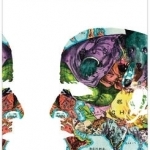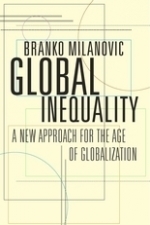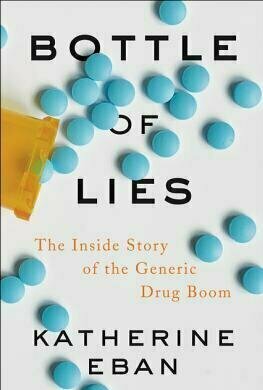Contestations Over Gender in Asia
Lyn Parker, Laura Dales and Chie Ikeya
Book
This book brings together the work of scholars from around the world in a consideration of how...

Nationalism and the Imagination
Book
Gayatri Chakravorty Spivak has distinguished herself as one of the foremost scholars of contemporary...
The First 1,000 Days: A Crucial Time for Mothers and Children--and the World
Book
"Your child can achieve great things." A few years ago, pregnant women in four corners of the world...

Amazon Prime Video
Entertainment and Lifestyle
App
Stream and download popular movies and TV shows including Amazon exclusives like The Grand Tour, The...

Vpn One Click Professional
Utilities and Social Networking
App
Vpn One Click protects your privacy online, by connecting to a Virtual Private Network Server. Your...

WeatherWheel
Weather and Utilities
App
WeatherWheel is probably the most awesome weather-app out there, make sure to check it out, while...

Climate Change and Agricultural Development: Improving Resilience Through Climate Smart Agriculture, Agroecology and Conservation
Book
Two of the greatest current challenges are climate change (and variability) and food security....

Global Inequality: A New Approach for the Age of Globalisation
Book
One of the world’s leading economists of inequality, Branko Milanovic presents a bold new account...
Politics economics

Bottle of Lies: The Inside Story of the Generic Drug Boom
Book
From an award-winning journalist, an explosive narrative investigation of the generic drug boom that...

English Today
Education and Magazines & Newspapers
App
Since August 2006, a monthly English language magazine “English Today” is being published under...
